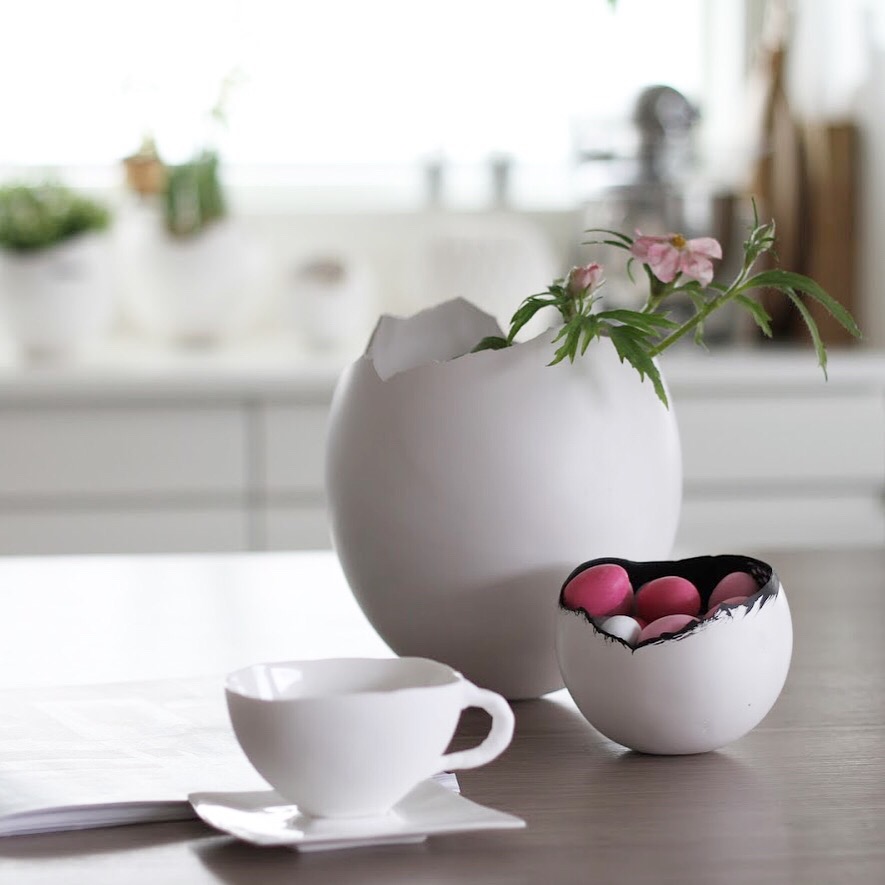How to Succeed in Interior Design
The field of Interior Design is multidisciplinary, requiring not only a flair for decorating, but a strong understanding of psychology and building codes. If you want to make a difference in the world, consider a career in Interior Design. Listed below are some of the key skills you will need to succeed in this career. To succeed, you must also have a passion for helping people and a keen eye for detail. But how do you become an Interior Design professional?
Interior design is a multi-disciplinary field
As a career in interior design, you’ll have the chance to work with clients from many different fields, from architecture to fashion to food. The field has always been multi-disciplinary, and you can choose to focus on any area of design you’re passionate about, or you can try a little of everything. As a student fresh out of school, you might be tempted to stick to what you’ve learned so far, but a multi-disciplinary approach can take years and work to develop.

How to Succeed in Interior Design
In terms of education, interior design is a multi-disciplinary field. While programs for this profession may be a part of a construction or architecture department, students in this field will take courses in interior design as well. They’ll learn about color theory, textiles, and other surfaces, as well as about HVAC systems, plumbing fixtures, and the requirements for sanitation and hygiene. In addition, they’ll learn about federal and local regulations and how to manage budgets.
It requires a strong understanding of building codes
A strong knowledge of building codes is crucial to interior design. Mechanical systems, including plumbing and fire protection, can have an impact on the design. Interior designers must understand these systems and how to coordinate them with the architect’s plans. Although interior designers aren’t responsible for these systems, they are required to understand the different types and the limits of each. They also must be familiar with the various subtypes and dimensions of these systems.
The fundamentals of design are vital to successful concept development. A designer should be familiar with these elements so that they can avoid common mistakes. Experienced designers can translate the owner’s vision and objectives into successful designs. A strong understanding of building codes helps interior designers avoid costly mistakes. Likewise, an experienced designer can avoid a number of pitfalls and ensure the best outcome for every project. If you are a newcomer to the profession, make sure you choose someone who has a solid foundation in building codes and regulations.
It requires a strong understanding of psychology
An appreciation for psychology is a prerequisite for successful interior design. By incorporating psychological concepts, we can not only improve the performance of a space but also the well-being of individuals. Various figures like Sigmund Freud and Walter Benjamin have demonstrated the benefits of interior design psychology. Likewise, John B. Calhoun conducted experiments on rats in which he noted changes in the behavior of the animals.
The theory of color psychology states that each color affects human mood, creativity, and productivity. While soft calming hues can make a person feel relaxed, a dazzling blue can be exciting, and a soothing white can calm the spirit. The theories behind color psychology are based on the scientific impact of each color on the human brain. Standard color schemes may not be as effective for everyone, as everyone is different in their response to each color.